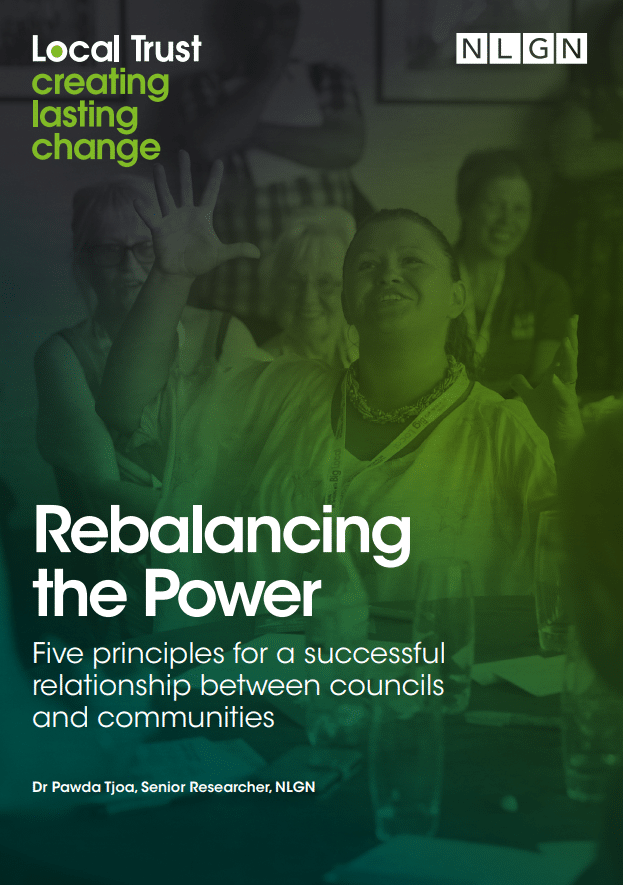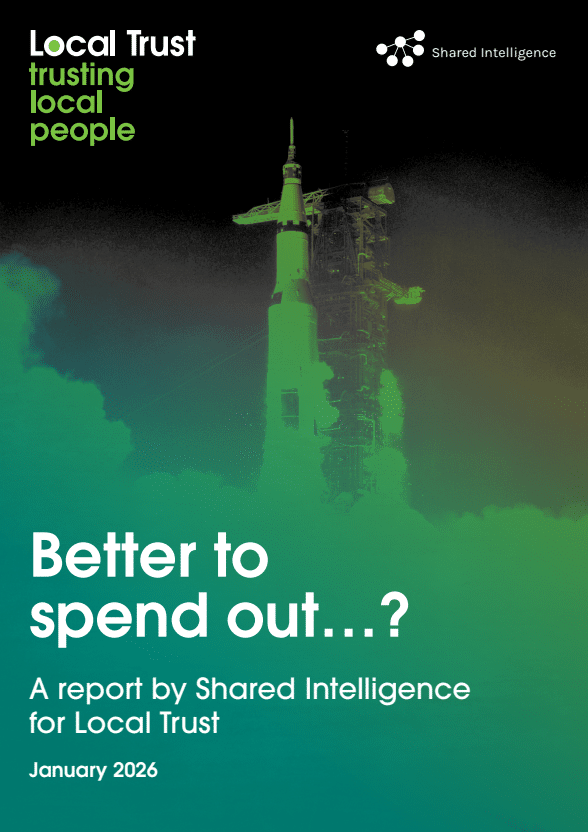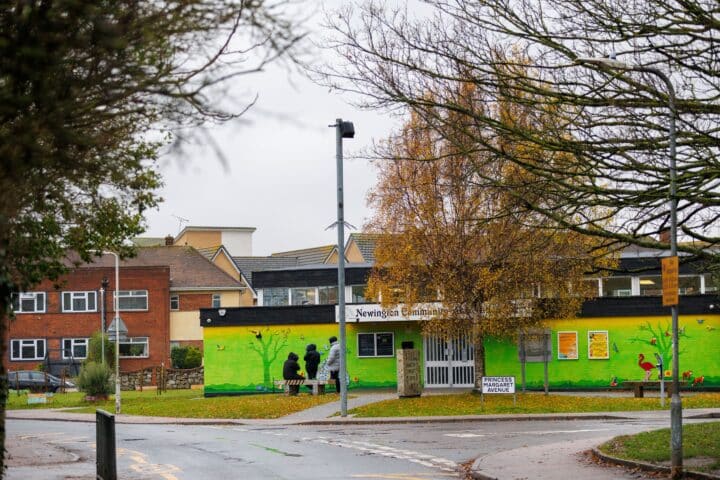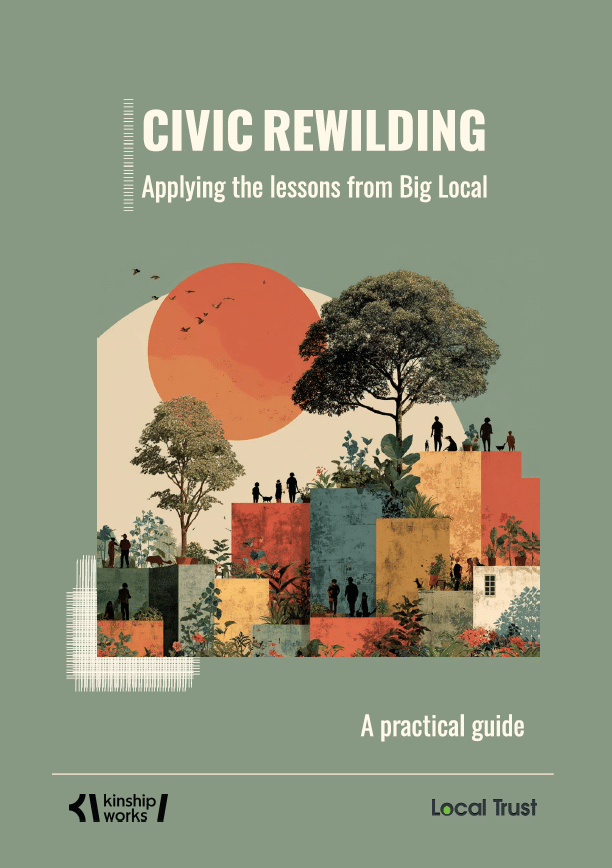Rebalancing the power
Five principles for a successful relationship between councils and communities

Councils and communities need to rebalance the power between them as current ways of working are no longer sustainable, finds research from the New Local Government Network, published by Local Trust.
With financial resources likely to be under pressure for the foreseeable future, councils will increasingly need to become supporters and enablers of communities ready to solve their own problems. Communities themselves may also need to change their expectations and take the opportunity to identify solutions to problems that local government on its own is no longer able to solve.
This research, which was commissioned by Local Trust to investigate the relationship between councils and communities in Big Local areas, found that where local authorities make room for them, communities often have a real appetite to take on more responsibility. The key to success is establishing different ways of working, in which communities themselves articulate their priorities and the council works with them to remove barriers and convene relevant stakeholders where necessary. The research found evidence of potential to achieve better and more tangible outcomes for communities when local government and residents collaborate effectively in this way.
Podcast: Rebalancing the power roundtable
Listen to a discussion around the five principles for a successful relationship between councils and communities, as set out in this report. The conversation also touches on potential new ways of distributing social funds post Brexit.
Participants: Trinley Walker, NLGN. Bob Thust, Local Trust. Isobel Edwards, Gloucester City Council. Carl Kroon, Arches Local Big Local. Shana Roberts, Brookside Big Local. Jessica Studdert, NLGN. Jo Sergeant, Bristol City Council. Stephen Perez, Arches Local Big Local. Chaired by: Matt Leach, Local Trust.



